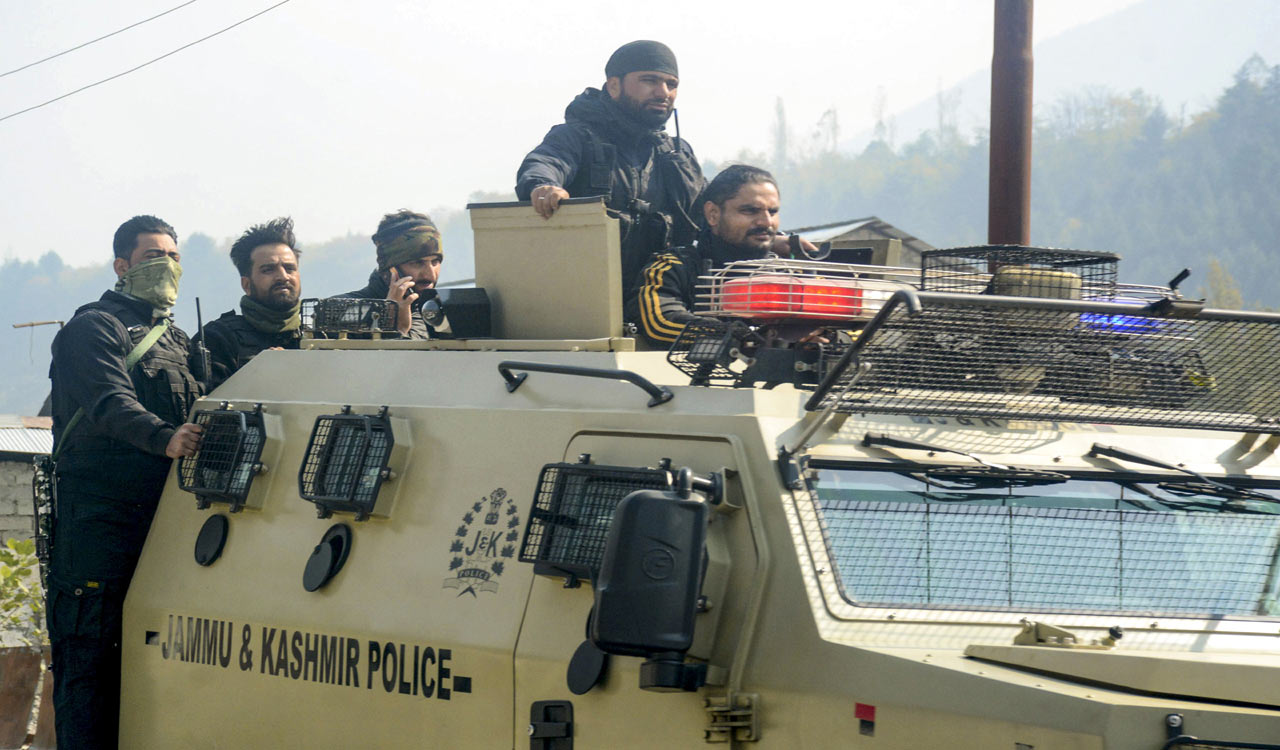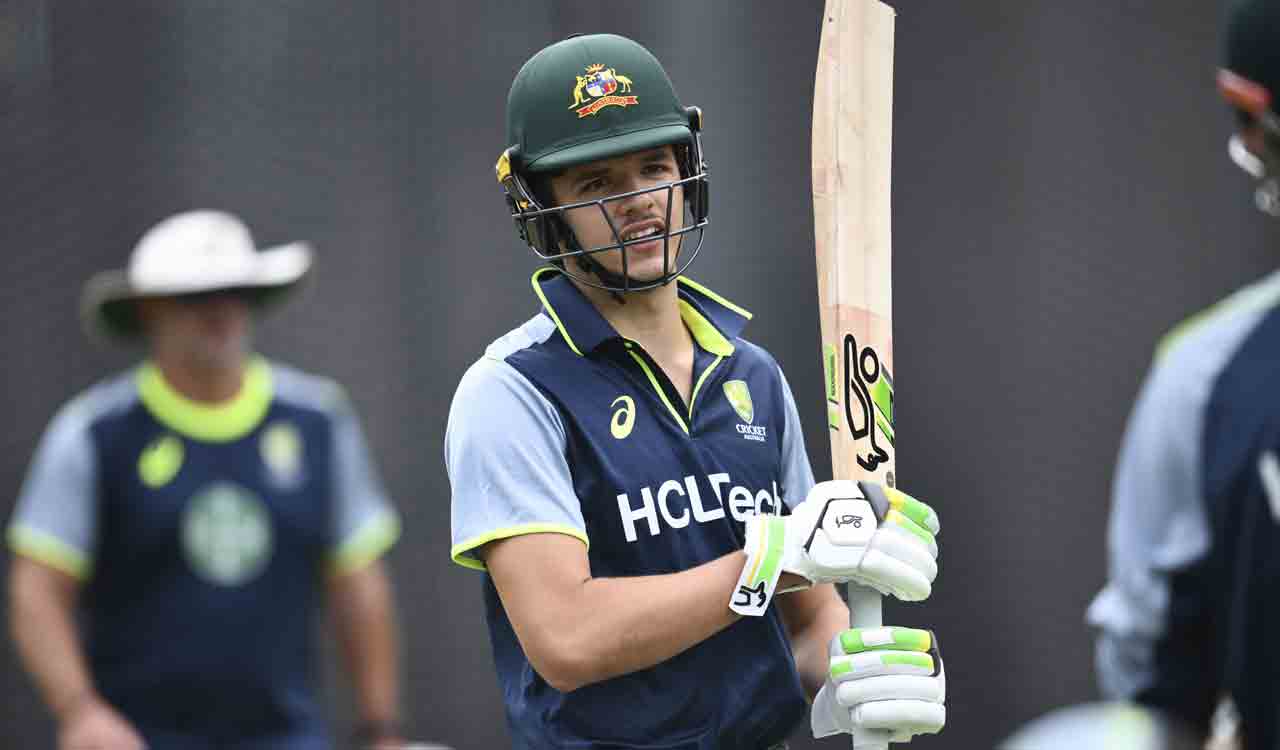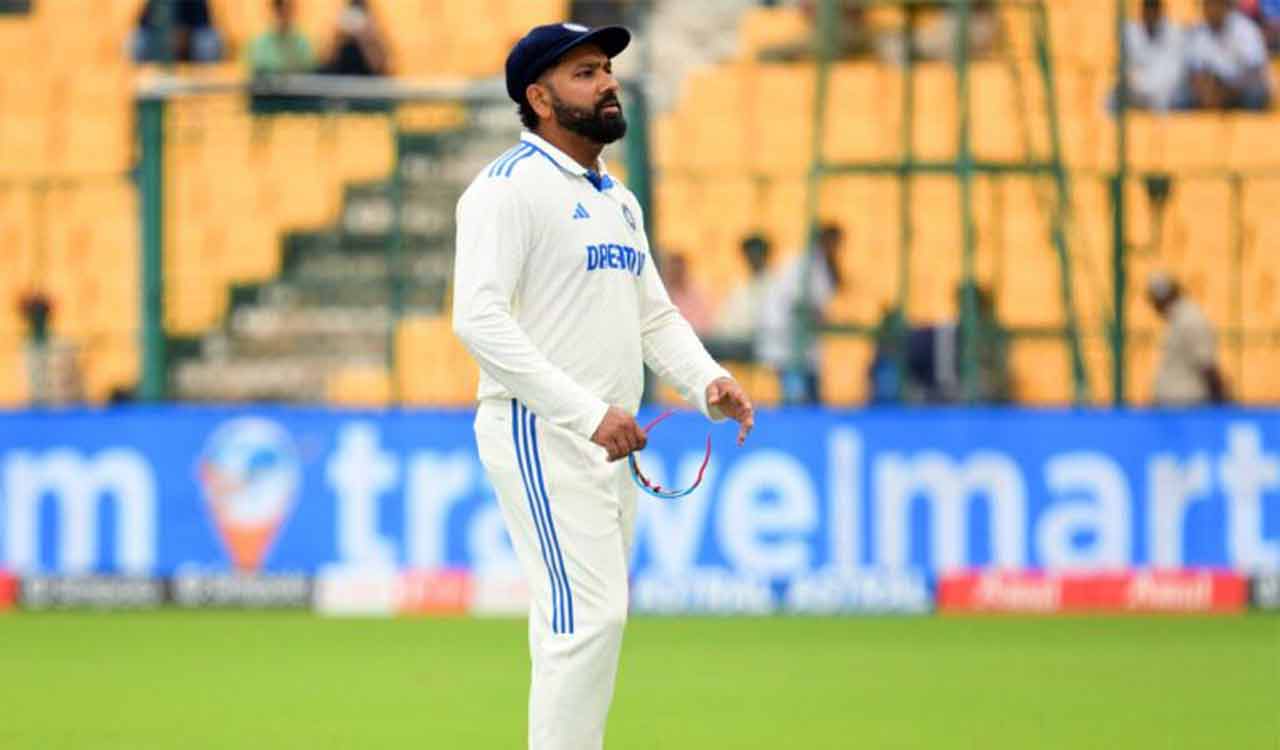Editorial: Ominous message
The Ganderbal tragedy represents the first big security challenge to Omar Abdullah

At a time when the nation was savouring the euphoria over the peaceful conduct of the Assembly elections and the installation of an elected government in Jammu & Kashmir, terrorists struck again. Seven persons, including six non-local workers, were killed and several injured when a Pakistan-backed terror outfit targeted a tunnel construction site at Gund in Ganderbal district. The attack came as a grim reminder of the shifting tactics of terrorists and their Pakistani handlers. By choosing to target an under-construction site, they are desperate to send a message that they would disrupt big-ticket infrastructure projects in the Valley. They also want to scare away non-locals and tourists by carrying out targeted killings. All the victims were working for a private company building the 6.5km Z-Morh tunnel. This is the fifth targeted attack in Kashmir this year, representing a clear trend among terrorists to gun for non-locals. There are reports that the construction site did not have adequate security. This needs to be investigated and remedied because this construction is part of the larger Zojila tunnel project that aims to provide all-weather connectivity between Srinagar and Ladakh, and therefore, should have been better protected. The Ganderbal tragedy represents the first big security challenge to Chief Minister Omar Abdullah who took over the reins recently amid an atmosphere of optimism and hope. It is also no coincidence that the terror strike took place in Ganderbal, the Chief Minister’s constituency.
After carrying out a series of attacks in the Jammu region, hitherto considered a terror-free zone, in the recent past, the militants now appear to have changed their tactics by hitting at the heart of the Valley. The latest reports of the J&K police busting a recruitment module of a new terror outfit linked to Lashkar-e-Taiba are quite disturbing. The new outfit, ‘Tehreek Labaik Ya Muslim’, is led by a Pakistani handler and is suspected to be plotting terror activities. The terror strike came close on the heels of the successful visit of External Affairs Minister S Jaishankar’s visit to Pakistan to participate in the conclave of the Shanghai Cooperation Organisation (SCO), the first by an Indian Foreign Minister in nine years. Coinciding with his visit, the former Pakistani Prime Minister Nawaz Sharif called for the resumption of ‘constructive dialogue’, advising the two countries to bury the past, move beyond the historical conflicts and focus on building a better future. The Ganderbal attack follows a familiar pattern where any instance of conciliatory gestures from civilian leadership is quickly followed by a terror strike. This is a standard template followed by the Pakistani military top brass which is not prepared to turn off the terror tap. Given the changing strategies of terror outfits, there is a need for the Centre and the union Territory governments to work in tandem to restore peace and normalcy.
Related News
-
Save future of Telangana NEET PG aspirants, IMA writes to CM Revanth Reddy
40 mins ago -
Telangana techie loses Rs 4.15 lakh to online gold trading fraud
1 hour ago -
Hyderabad: Couple working as house help at doctor’s residence held for theft
1 hour ago -
Hyderabad auto driver foils attempt to kidnap young woman, five held
2 hours ago -
Haiti gang attack on journalists covering hospital reopening leaves 2 dead, several wounded
3 hours ago -
21 dead as Mozambique erupts in violence after election court ruling
4 hours ago -
Cartoon Today on December 25, 2024
11 hours ago -
Sandhya Theatre stampede case: Allu Arjun questioned for 3 hours by Chikkadpallly police
12 hours ago




